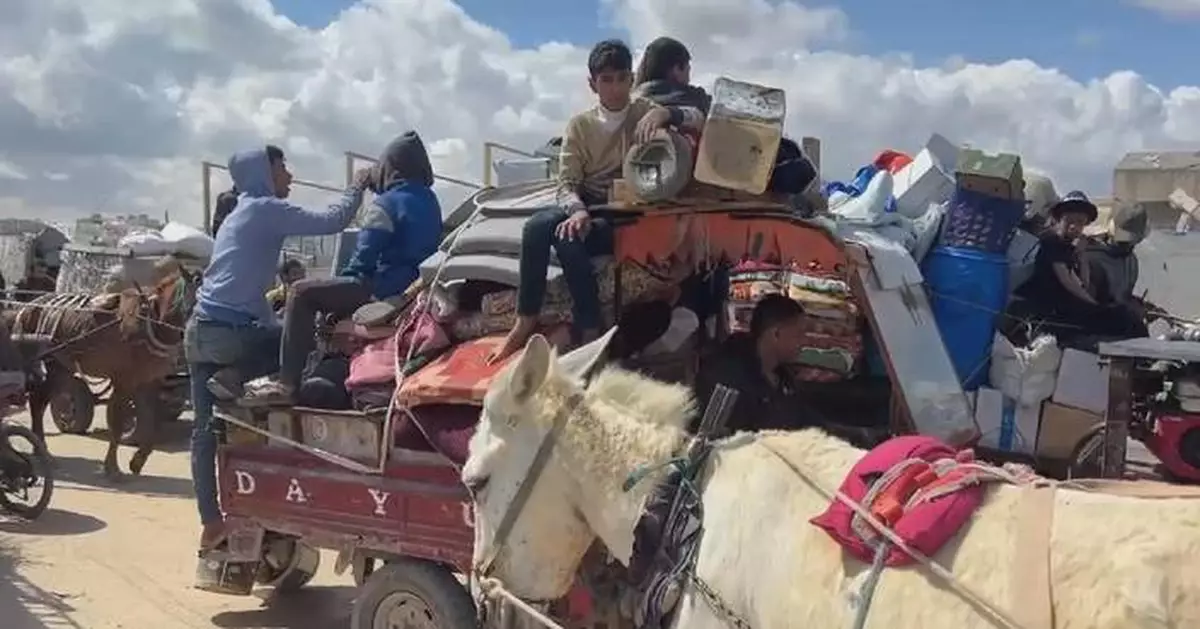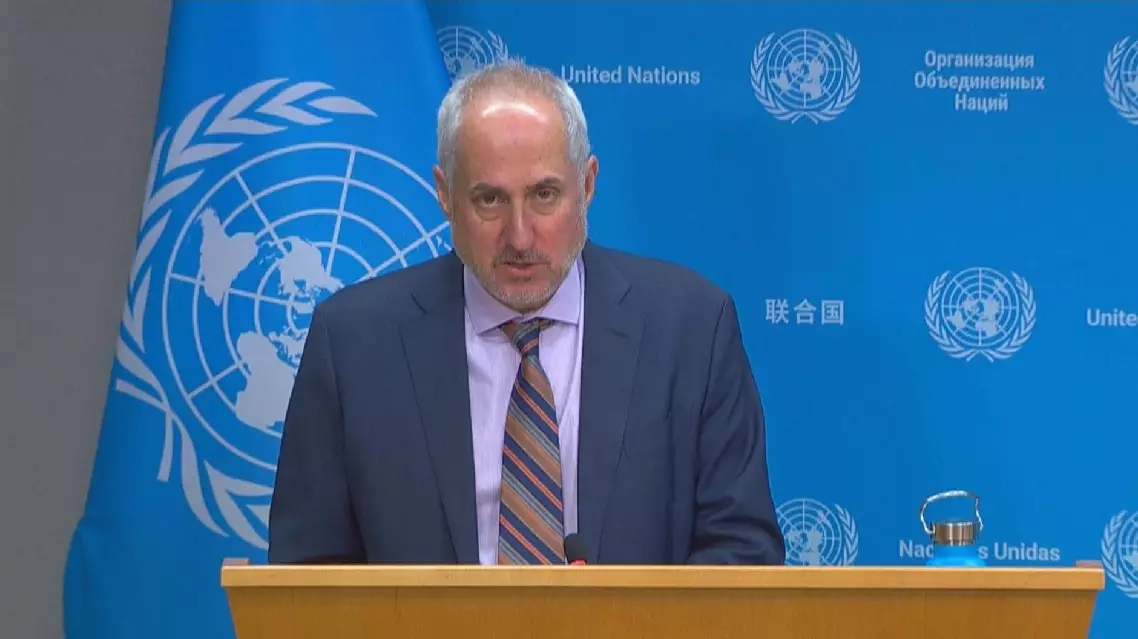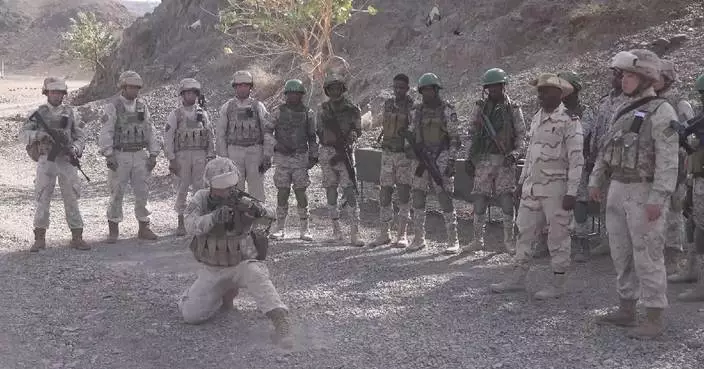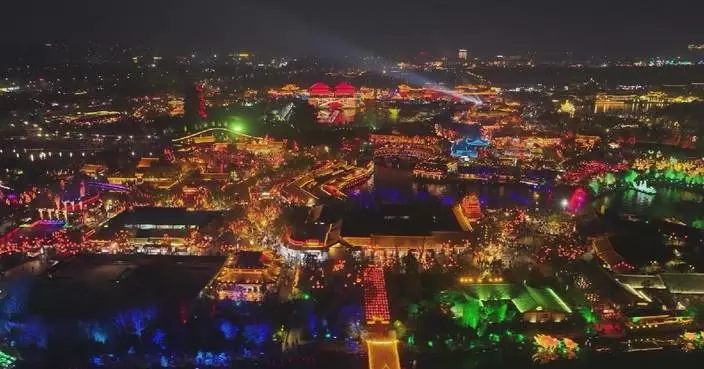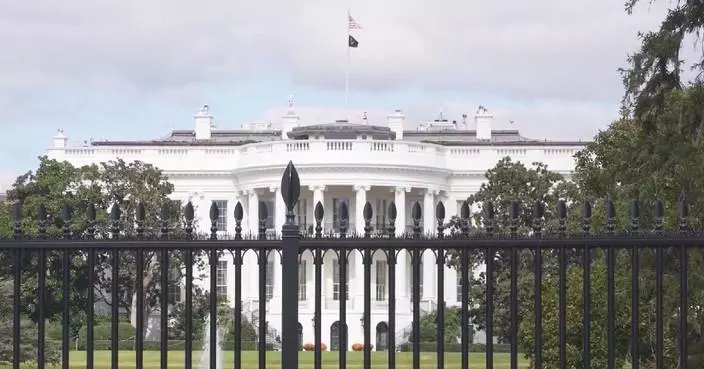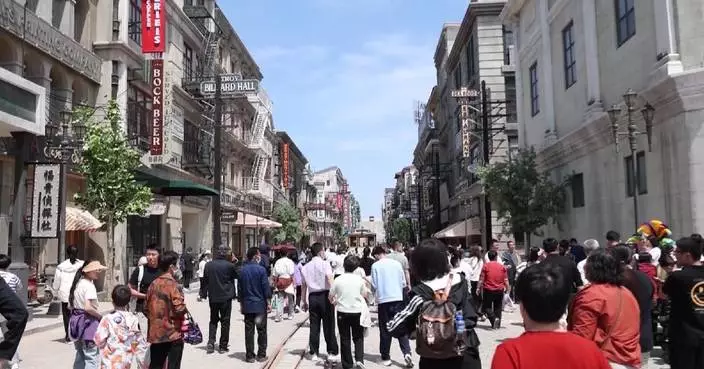The continuous expansion of military buffer zone by Israel military near the "Morag Corridor", a new dividing line in the southern Gaza Strip, has forced numerous Palestinians again into exhausting displacement while further worsening local humanitarian crisis.
The "Morag Corridor", which divides Rafah and Khan Younis, was established by the Israel Defense Forces (IDF) following its resumption of mass military operation in Gaza on March 18.
On Wednesday, the Israeli military said it is expanding the corridor and has turned roughly a third of the enclave into "security zones" under full Israeli military control.
Palestinian media reported that Israel's move was intended to pressure Hamas into making concessions in the ceasefire negotiations, while further consolidating its de facto control over Gaza to pave the way for a permanent occupation.
In an area next to the corridor in Khan Younis, numerous Palestinians were seen fleeing the area with as many belongings as they could carry using every possible means of transport, including donkey carts, bicycles, and trucks.
The Israeli military planned to further evacuate Palestinians living in this area in preparation for expanding its military buffer zone.
The 43-year-old Mohammad Dehliz moved to Khan Younis on April 10, shortly before the Israeli military announced complete control over the "Morag Corridor" and started continuous military buffer zone expansion.
"We have only been here for five days. It cost us about 500 new shekels (over 135 U.S. dollars) just to move. We are both physically and mentally exhausted and have been fleeing almost every day. We have been bombed for three consecutive days and death could come at any time. We don't know where else to go, because nowhere is safe. We are really tired," he said.
"We are so worn out. We have been forced to migrate at least five times. Rafah and Khan Younis were deliberately cut off, and the newly opened 'Morag Corridor' is very close to Khan Younis where we are now. We keep fleeing. Life is difficult and children are suffering. We are really exhausted from constant evacuations. We are really tired and fed up," said Fars Zurab, another displaced Palestinian.
The blockage of southern Gaza, a major agricultural production area, will severely hit local food supply and further worsen the already dire humanitarian crisis in the strip.
"Almost all the groundwater sources in southern Gaza are located in the area of the "Morag Corridor", where a large number of agricultural facilities and granaries are also located. After the Israeli military established the corridor, Gaza has not only lost its groundwater, but also its food security, which further aggravated the displacement of local population and put a lot of stress on all Gaza residents," said Thabet Al-Amur, an analyst.
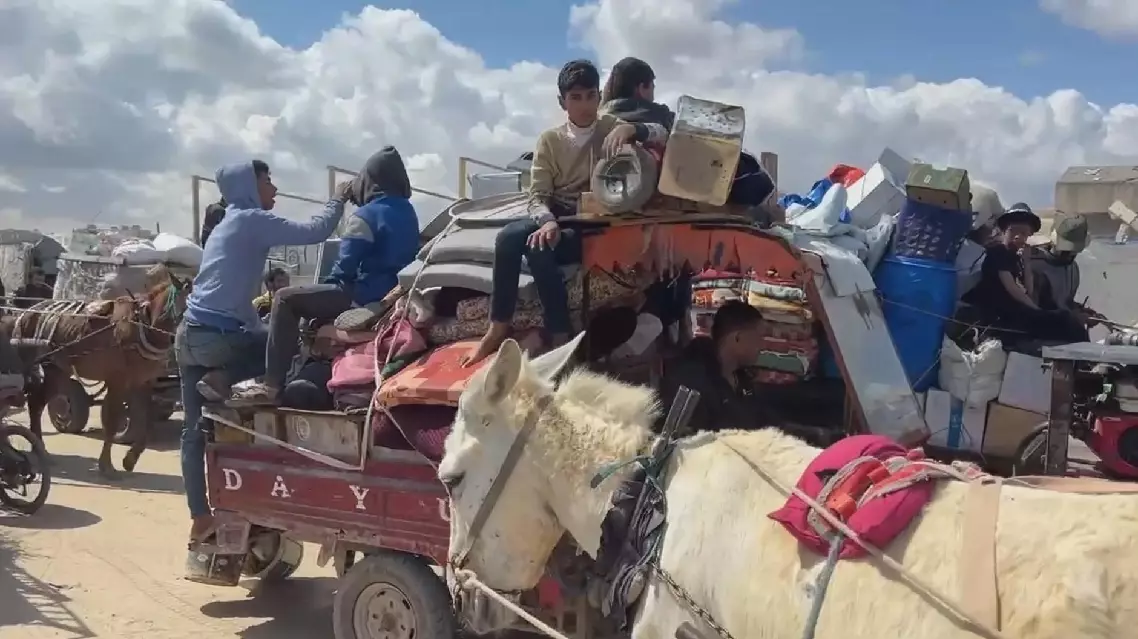
Israel's expansion of military buffer zone triggers mass displacement of Palestinians
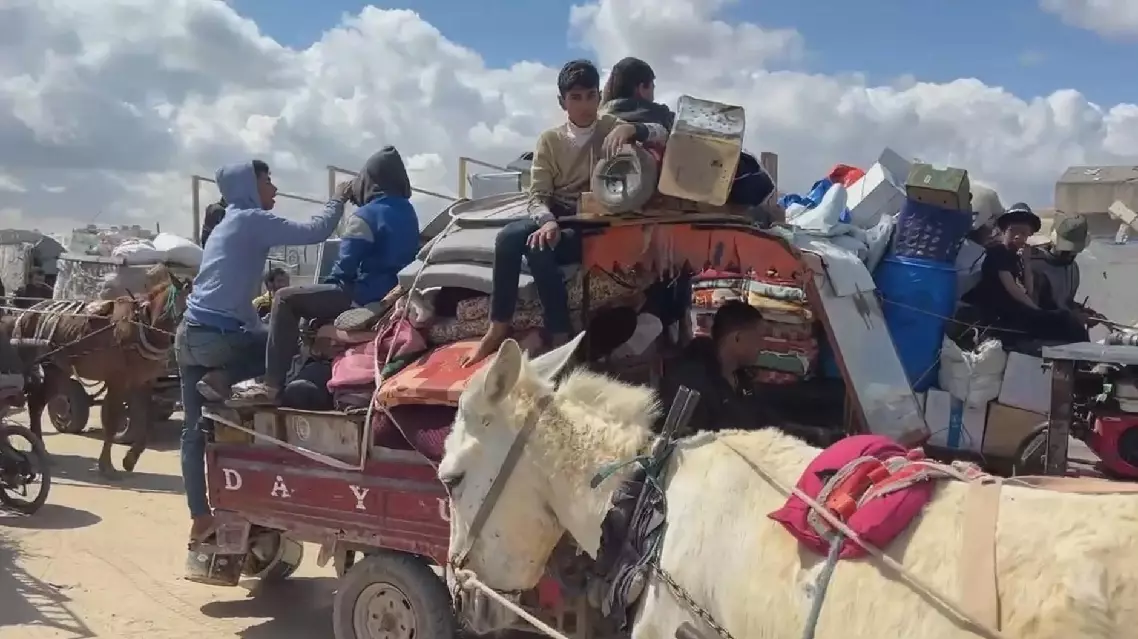
Israel's expansion of military buffer zone triggers mass displacement of Palestinians
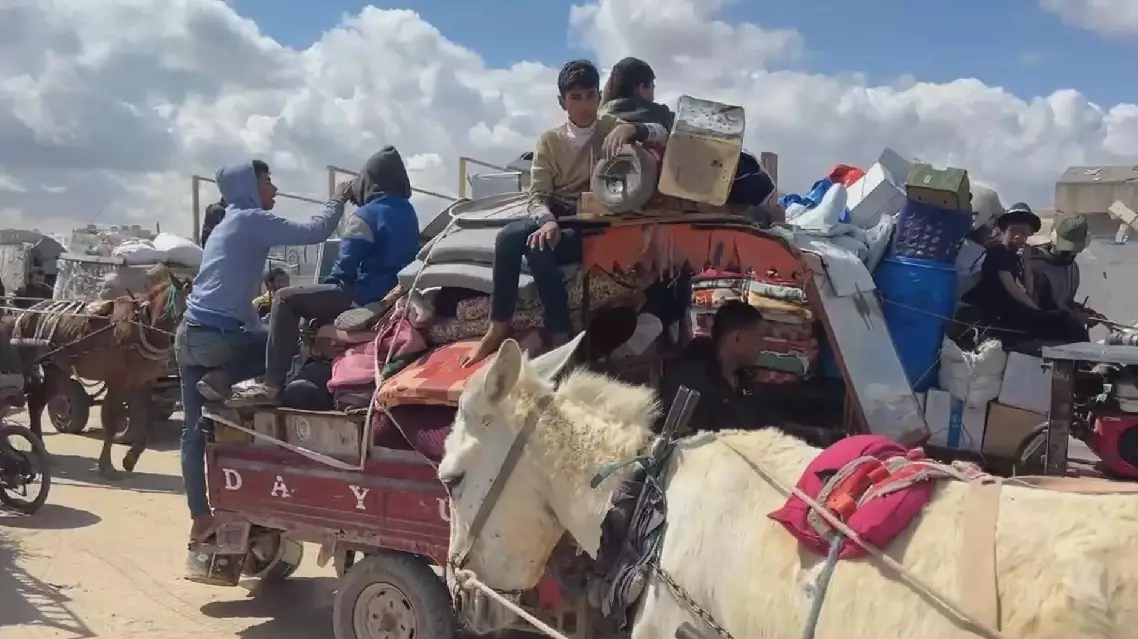
Israel's expansion of military buffer zone triggers mass displacement of Palestinians


